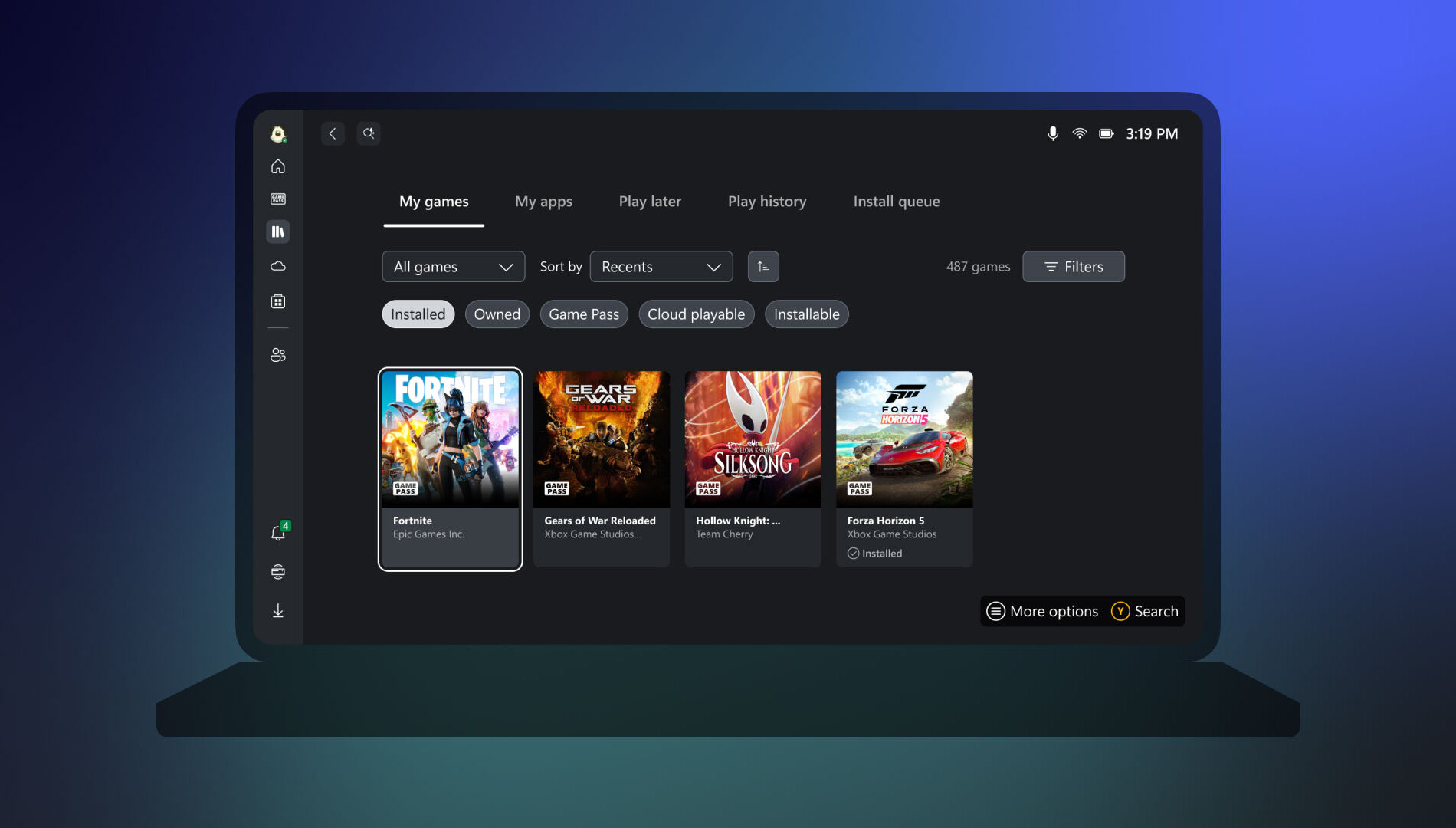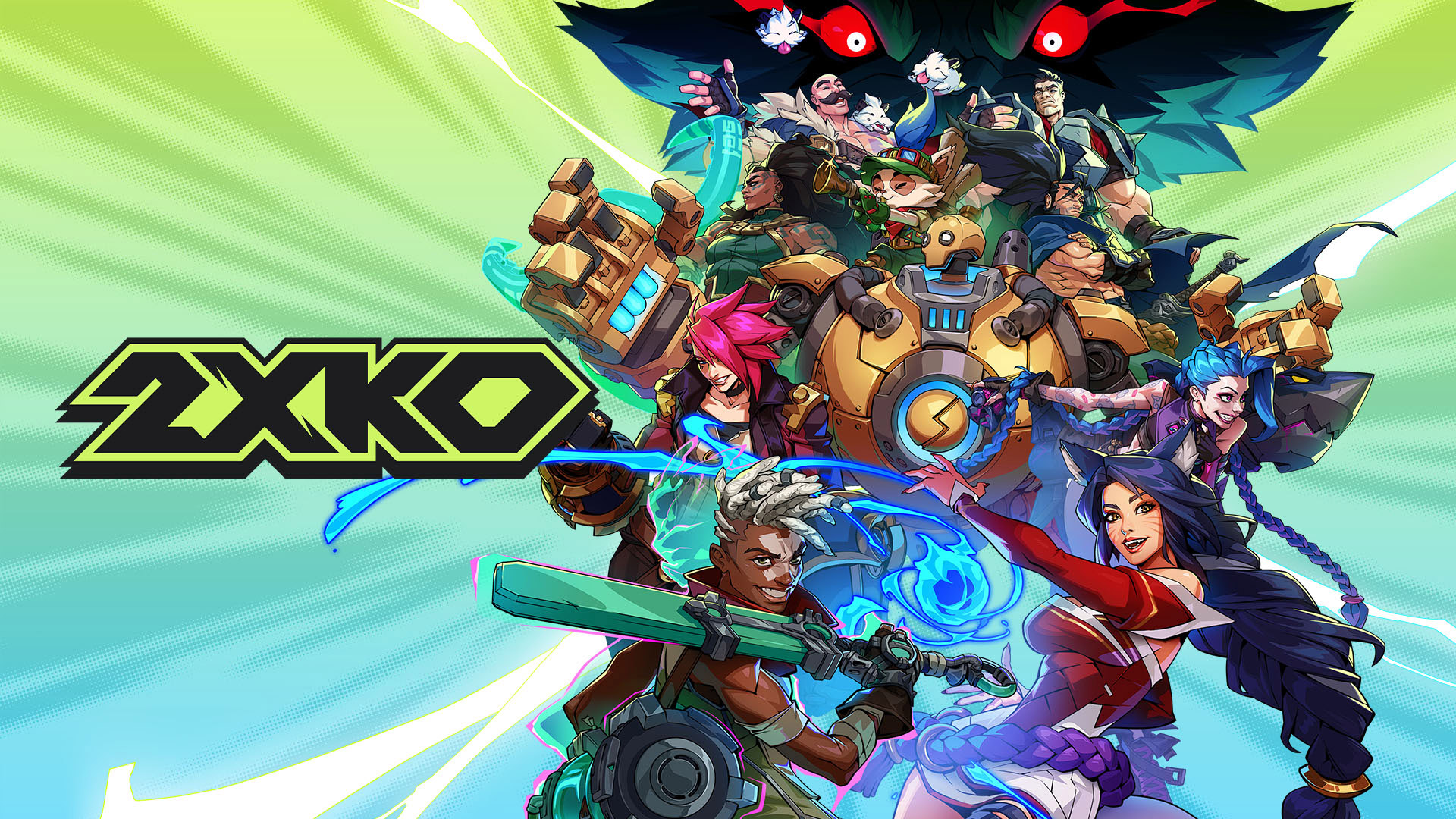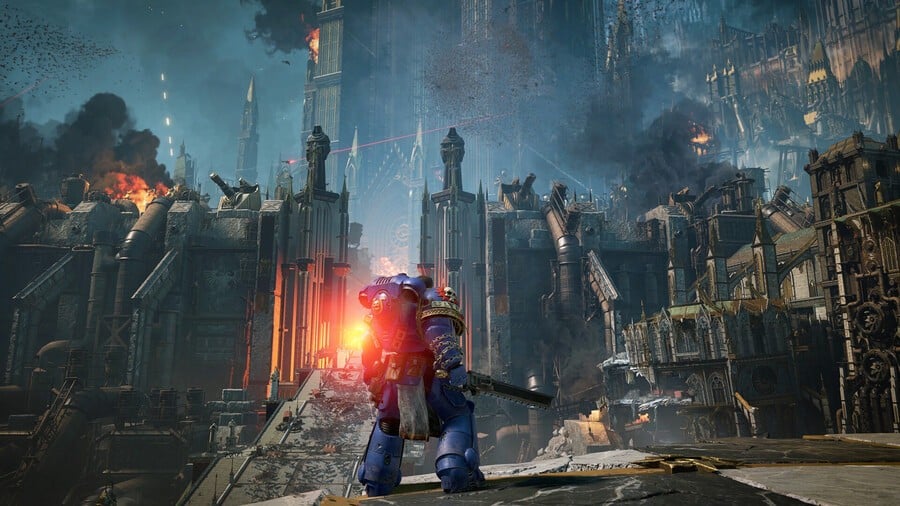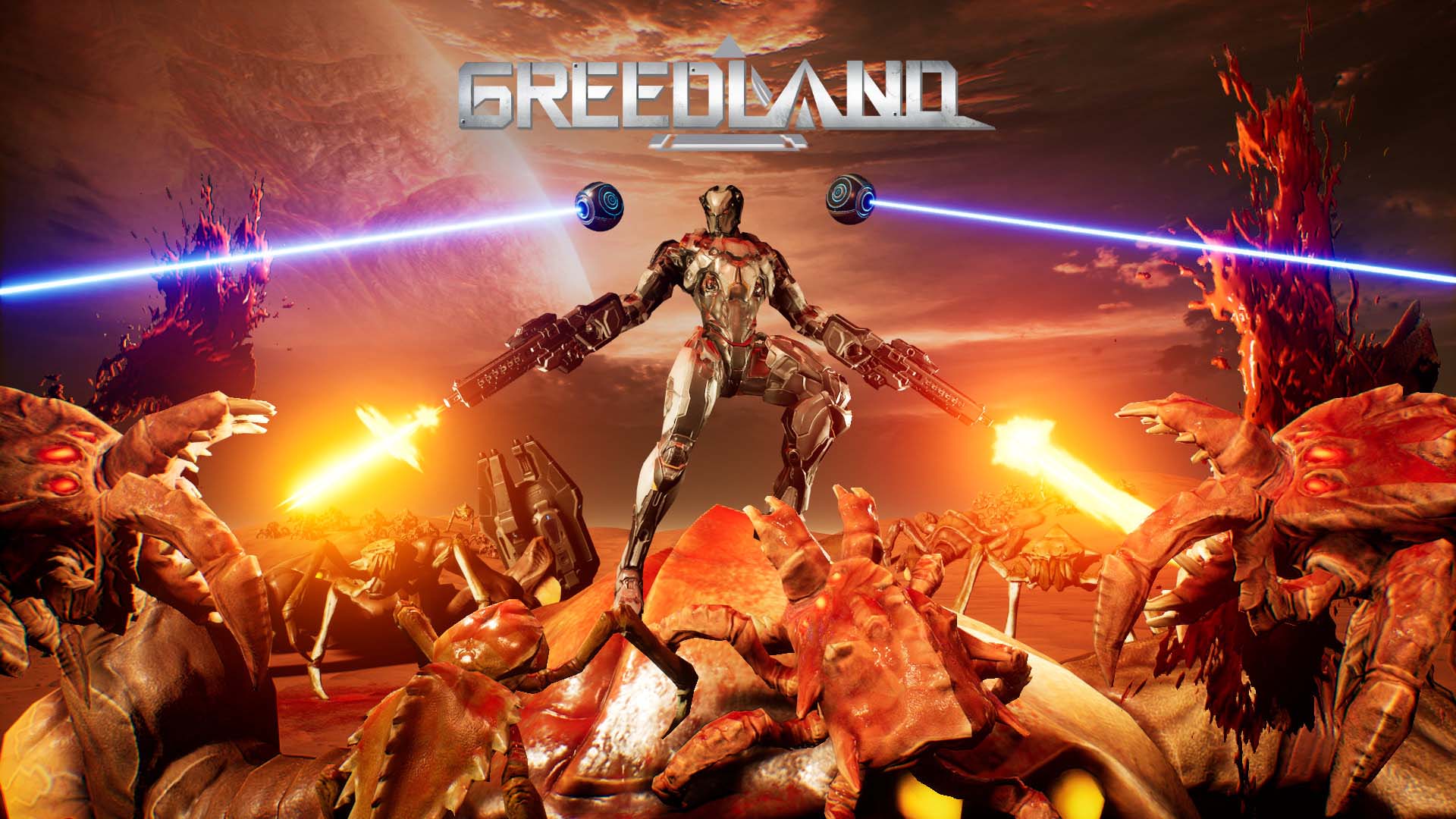Will AI Write the Next Great Novel? 5 Reasons Why Machines Might Become the New Hemingways

The literary community is facing a revolution. With advancements in technology, the question looms larger than ever: can machines truly match the creative prowess of human authors?
Many skeptics believe that the nuanced art of novel writing is beyond the reach of artificial intelligence.
What if the author of your next favorite book was an algorithm? Traditionalists argue that the soul of a novel comes from the human experience, something they believe machines can never replicate.
But what if they’re wrong? What if AI can capture the depth and emotion of human storytelling?
Yes, AI will write the next great novel. The potential is already being realized. AI’s ability to analyze vast amounts of text, maintain consistent quality, and work efficiently is transforming the literary landscape.
By collaborating with human writers, AI is pushing the boundaries of storytelling, introducing fresh narratives and new genres. In this article, we explore five reasons why AI might just become the new Hemingways of our time.
Will AI Write the Next Great Novel?
Yes. AI’s potential to write the next great novel is promising. A novel is a long, fictional story with complex characters and plots.
AI can write novels by analyzing texts for intricate character development. It learns language patterns for engaging plots and mimics styles using NLP and neural networks. This allows AI to produce high-quality, consistent content quickly and write the next great novel.
5 Reasons Why Machines Might Become the New Hemingways
Artificial intelligence (AI) has the potential to be the next Hemingway because of its capacity for thorough text analysis, reliable output, and efficiency. It can also collaborate with humans and innovate storytelling techniques.
1. AI’s Ability to Analyze Large Texts
AI’s capacity to process and examine a large volume of text is unparalleled. Machine learning algorithms can scan and learn from millions of books, articles, and other literary works.
This deep learning enables AI to understand language patterns, stylistic nuances, and thematic elements. It can do this across different genres and authors.
By leveraging techniques such as natural language processing (NLP) and neural networks, AI can deconstruct complex narratives. It can replicate the writing styles of celebrated authors like Hemingway.
With this thorough study, AI is now capable of writing sentences. The delicacy and complexity of human writing are reflected in this text.
2. Consistent Quality and Style
One of the significant advantages of AI in writing is its ability to maintain consistent quality and style. Human writers can experience fluctuations in their writing due to mood, health, or creative blocks.
In contrast, AI can produce uniform content without such inconsistencies. Advanced models, like GPT-4, are trained on vast datasets that help them generate text with a stable tone and style.
By utilizing algorithms that ensure coherence and adherence to specific writing styles, AI can consistently produce high-quality literary works that remain true to the intended voice and structure, much like the disciplined prose of Hemingway.
3. Speed and Efficiency
When it comes to content generation, AI is unsurpassed in its speed and efficiency. Where human authors might take months or years to complete a novel, AI can draft lengthy works in a fraction of the time.
This is due to the rapid processing capabilities of AI systems, which can generate thousands of words in minutes. Additionally, AI can perform iterative tasks such as editing and proofreading almost instantaneously, ensuring that the final output is polished and error-free.
This swift production cycle is highly advantageous for publishers seeking to release books quickly and maintain a steady flow of new content in the market.
4. Collaboration with Human Writers
AI’s role as a collaborator rather than a replacement for human writers is an exciting development. AI can be used by human writers to generate ideas by being integrated into the creative process. AI can assist in creating dialogue and even stories.
Alternative story arcs can be suggested by AI techniques. They aid in world-building and offer insights into character development. The creative process is improved by this.
Consider sentiment analysis, which AI is capable of. This guarantees character interactions have depth and emotional constancy.
Stories with greater depth and complexity may result from this collaboration. These tales blend the technological prowess of AI with human inventiveness. This can produce masterpieces on par with those written by literary giants.
5. Innovation in Storytelling
Through the introduction of novel narrative structures and genres, AI offers storytelling a new perspective. It is free from human biases and traditional constraints.
AI can experiment with unconventional plotlines and character developments. Techniques such as generative adversarial networks (GANs) allow AI to create unique story ideas. This is done by combining elements from various genres and styles.
This ability to blend and innovate can lead to new literary forms and storytelling techniques. These push the boundaries of conventional literature.
AI’s creative experimentation might result in groundbreaking novels. These novels could captivate readers and redefine the literary landscape. This impact could be much like Hemingway’s revolutionary effect on modern fiction.




